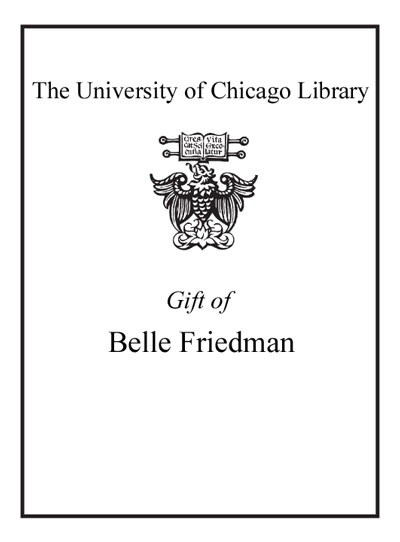|
|
|
|
| LEADER |
00000cam a2200000 i 4500 |
| 001 |
11894150 |
| 005 |
20180410112910.2 |
| 008 |
160804s2018 enk b 001 0 eng |
| 003 |
ICU |
| 040 |
|
|
|a ERASA
|b eng
|e rda
|c ERASA
|d YDX
|d OCLCQ
|d CDX
|d AMH
|d NhCcYBP
|
| 020 |
|
|
|a 9780199696475
|q hardback
|
| 020 |
|
|
|a 0199696470
|q hardback
|
| 035 |
|
|
|a (OCoLC)955313398
|
| 050 |
|
4 |
|a JZ1305
|b .W52 2018
|
| 082 |
0 |
4 |
|a 327.101
|2 23
|
| 100 |
1 |
|
|a Wheeler, Nicholas J.,
|e author.
|0 http://id.loc.gov/authorities/names/n88194002
|1 http://viaf.org/viaf/68980901
|
| 245 |
1 |
0 |
|a Trusting enemies :
|b interpersonal relationships in international conflict /
|c Nicholas J. Wheeler.
|
| 250 |
|
|
|a First edition.
|
| 264 |
|
1 |
|a Oxford, United Kingdom :
|b Oxford University Press,
|c 2018.
|
| 300 |
|
|
|a xxi, 349 pages ;
|c 25 cm
|
| 336 |
|
|
|a text
|b txt
|2 rdacontent
|0 http://id.loc.gov/vocabulary/contentTypes/txt
|
| 337 |
|
|
|a unmediated
|b n
|2 rdamedia
|0 http://id.loc.gov/vocabulary/mediaTypes/n
|
| 338 |
|
|
|a volume
|b nc
|2 rdacarrier
|0 http://id.loc.gov/vocabulary/carriers/nc
|
| 504 |
|
|
|a Includes bibliographical references (pages 297-333) and index.
|
| 520 |
8 |
|
|a How can two enemies transform their relationship into a cooperative one? The starting point for this book is that the discipline of International Relations has not done a good job of answering this question, and the reason for this is that the concept of trust - and the possibility of building new trusting relationships between enemies - has been marginalized by the discipline. The author argues that to understand how enemies cooperate, we need to focus on the potential for building trusting relationships between state leaders. The book argues that it is forging personal relationships of trust across the enemy divide that hold out the best chance of breaking down the 'enemy images' that fuel security competition.
|
| 650 |
|
0 |
|a International relations.
|0 http://id.loc.gov/authorities/subjects/sh85067435
|
| 650 |
|
0 |
|a Interpersonal relations.
|0 http://id.loc.gov/authorities/subjects/sh85067484
|
| 650 |
|
0 |
|a Conflict management
|x International cooperation.
|0 http://id.loc.gov/authorities/subjects/sh2009121346
|
| 650 |
|
0 |
|a Enemies.
|0 http://id.loc.gov/authorities/subjects/sh95005954
|
| 650 |
|
0 |
|a Trust.
|0 http://id.loc.gov/authorities/subjects/sh85138261
|
| 650 |
|
0 |
|a Political leadership.
|0 http://id.loc.gov/authorities/subjects/sh85104367
|
| 903 |
|
|
|a HeVa
|
| 929 |
|
|
|a cat
|
| 999 |
|
|
|n 514-0
|c JRL
|r 170
|
| 999 |
f |
f |
|i ab5c76ed-bb8d-5a85-9f0e-452f695b6003
|s e19f5880-8603-5b13-8d7f-97daeae2e50f
|
| 928 |
|
|
|t Library of Congress classification
|a JZ1305 .W52 2018
|l JRL
|c JRL-Gen
|i 11363115
|
| 927 |
|
|
|t Library of Congress classification
|a JZ1305 .W52 2018
|l JRL
|c JRL-Gen
|e BELL
|b 116235101
|i 10127848
|

